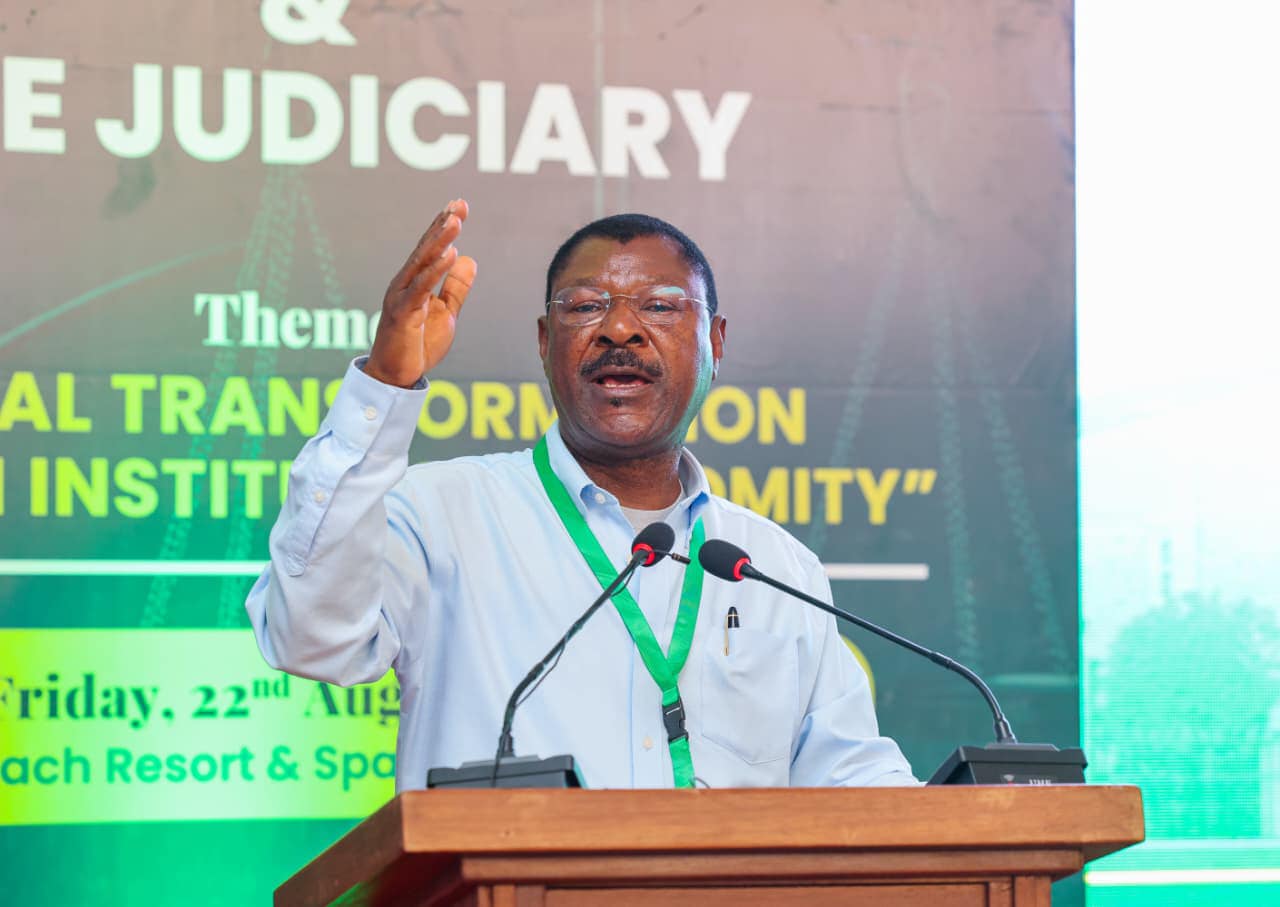Conservatory orders stalling House business- Speaker Wetang’ula

Wetang’ula stated that several committee and House proceedings have been halted by conservatory orders, calling on Judiciary to address the matter urgently
National Assembly Speaker Moses Wetang’ula has raised concern that judges are increasingly issuing conservatory orders against the House, saying the practice disrupts the legislative process.
Speaking during a joint session between the National Assembly leadership and the Judiciary on the second day of the Third Leadership Retreat in Mombasa on Friday August 23, 2025, Wetang’ula stated that several committee and House proceedings have been halted by such orders.
“This is a matter that needs to be addressed by the Judiciary urgently,” he said, adding that some hearings are pushed up to six months ahead, adversely affecting the progress of legislation.
Wetang’ula further proposed that cases filed against Parliament be centralized in Nairobi, where the institution is domiciled.
“Currently, our lawyers are forced to travel to upcountry courts, only to find magistrates on leave or transferred along with files,” he explained.
He argued that this would cut costs and allow Parliament’s legal team to respond more efficiently, noting that lawyers often travel to upcountry courts only to find magistrates on leave or transferred along with case files.
On Judiciary funding, the Speaker assured Chief Justice Martha Koome of Parliament’s support in boosting its budget, saying the requests were justified given ongoing efforts to expand access to justice.
Koome disclosed that while the Judiciary plans to establish magistrate courts in all 290 constituencies, only 143 are operational due to underfunding by the National Treasury.
She appealed to the National Assembly to intervene, emphasizing that enhanced allocations for infrastructure would ensure equitable access to justice nationwide.
The CJ explained that cooperation between the Judiciary and Legislature strengthens governance without undermining institutional independence.
“Institutional comity does not erode independence. There is a difference between institutional independence and decisional independence. While institutions may engage, decisional independence remains sacrosanct,” she said.
National Assembly Clerk Samuel Njoroge also called for collaboration between Parliament’s Centre for Parliamentary Studies and Training and the Kenya Judiciary Academy to enhance knowledge-sharing and capacity-building.
